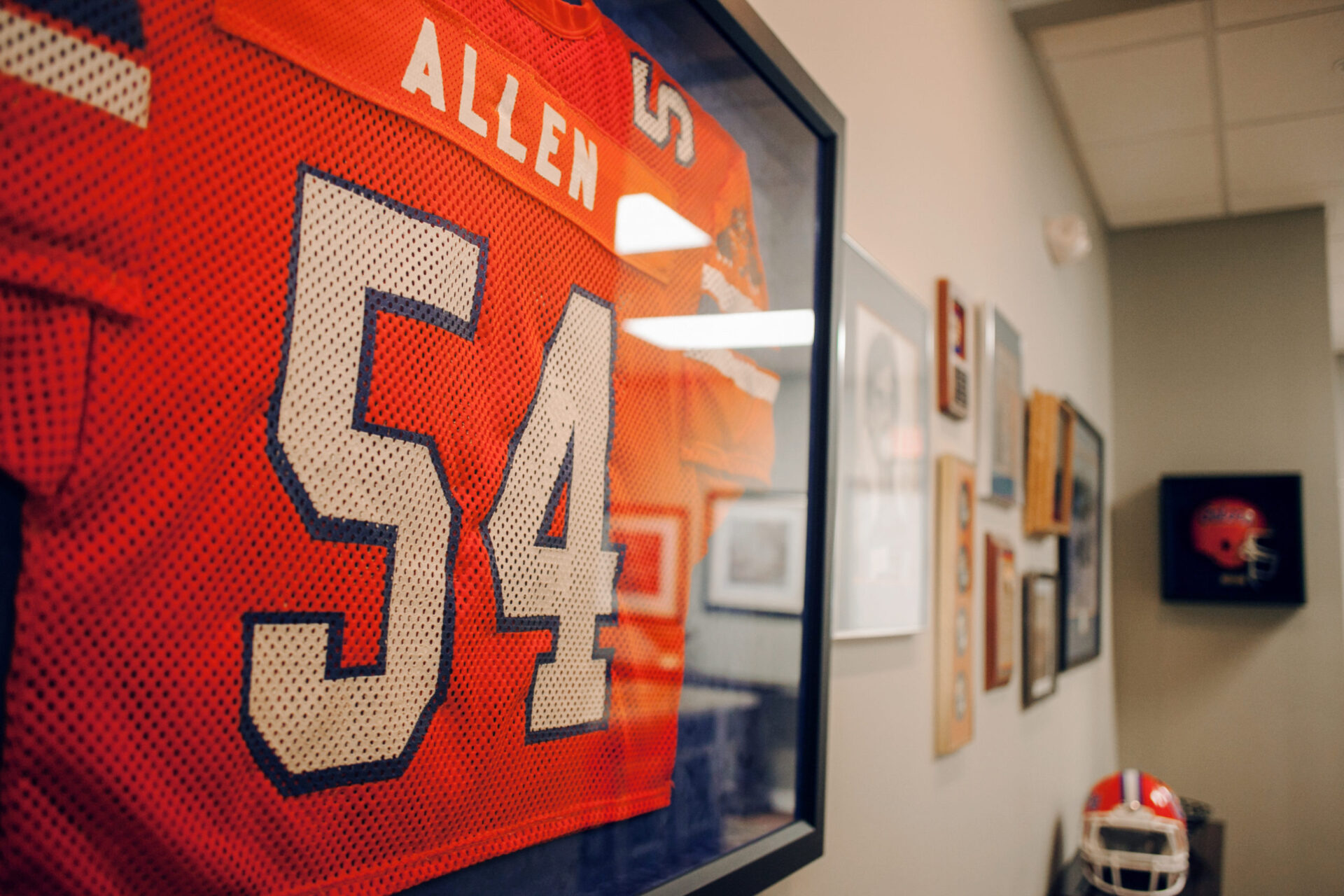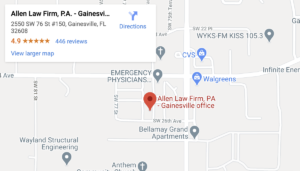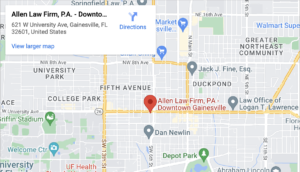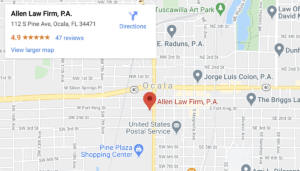What Does Discovery Mean?

In a lawsuit, the parties exchange information with each other prior to trial. This is called discovery. Sharing evidence is necessary so the parties can prepare their case for trial. Under Florida law, the information available in discovery may regard “any matter, not privileged, that is relevant to the subject matter of the pending action.”
What Types of Discovery Are Permitted Under Florida Law?
Many types of discovery exist, including:
- Interrogatories
- Requests for Admission
- Production of Documents
- Property Inspection
- Physical and Mental Exams
- Depositions
A party may use any or all of these to obtain information from other parties, and in some cases, non-parties to the lawsuit.
Interrogatories
Interrogatories are written questions that one party may serve on another. Attorneys may help clients respond to interrogatories. In practice, they solicit information from their client and then draft the responses.
This type of discovery is generally used early in the process to obtain basic information. A party is generally limited to 30 interrogatories to another party.
Requests for Admission
These are one party’s written requests to another party asking them to admit the truth of an issue for the purposes of the pending lawsuit only. Admissions can benefit both the parties and the court by avoiding the needless litigation of undisputed facts.
For example, say there’s a big party at Tina and Bill’s house. In front of multiple witnesses, a dog bites Kyle on the leg, causing serious ligament damage in his left calf. One critical fact to the lawsuit is establishing that Tina owned the dog that bit Kyle. Often, ownership of the offending canine could be a heavily disputed issue of fact.
When the police arrive, Tina admits she owns the dog to them, and their police report indicates this. In interrogatories, Tina refuses to answer whether she owns the dog, but her partner Bill states she does. The defense has two neighbors willing to testify to Tina’s ownership. Vet records indicate Tina takes the dog in for medical care.
Under these circumstances, Tina may admit to owning the canine due to all the evidence indicating she does. Perhaps her defense could focus instead on disputing the extent of the injury to Kyle. Whether or not to admit the fact would require consideration and counsel by Tina’s attorney.
Production of Documents
A party may request that another party or non-party produce documents and other tangible items for inspection. In the example above, assuming Tina doesn’t admit ownership of the dog, Kyle may request that the dog’s vet produce all treatment and billing records for the dog that list Tina as the owner.
Property Inspection
In some litigation, there is something on the defendant’s property that is at issue. A request for property inspection allows the plaintiff’s lawyer and expert witnesses access to the defendant’s property to view or examine whatever is causing the issue.
For instance, perhaps the plaintiff alleges that the defendant diverted the natural flow of a stream and directed water onto the plaintiff’s property, destroying their road. The plaintiff’s lawyer may wish to examine and take photos of the stream and any alterations to its flow.
Physical and Mental Exams
When the medical condition of a party is in controversy, another party may request a physical or mental exam of that person. Due to privacy concerns, the party requesting the exam has the burden of proof to establish that good cause exists for the exam.
Depositions (Oral)
Deposition upon oral examination occurs when a person (called the deponent) answers a party’s questions under oath. This discovery tool has advantages over interrogatories. The deponent has to answer another party’s questions instead of their lawyer, and follow-up questions are allowed.
Depositions are valuable because they may be needed at trial for the following reasons:
- Impeachment. Perhaps a witness states that they saw the defendant run a red light and crash into the plaintiff’s car during a deposition. However, at trial, the witness states he never saw the defendant driving the car. In this case, the deposition testimony may be used to confront the witness about the conflict in their testimony.
- Unavailability. Sometimes a deponent dies or becomes too ill to testify at trial. Their deposition testimony may be used instead.
- Time. A lawsuit can take years to make it to trial. Memory fades with time, and a deposition allows a person to provide information while their recollection is still complete.
Depositions (Written)
Written depositions are also available. These may be used when the desired deponent is not easily available. For example, they live thousands of miles away or are incarcerated.
A Party Has No Duty to Supplement
Once a discovery request is properly replied to, there is no duty to supplement the response when further information becomes available.
E-Discovery
Electronically stored information (ESI) is available through traditional discovery tools. ESI includes emails, tweets, accounting application data, network and server activity, and a host of other stored data.
Contact an Attorney to Discuss Your Claim
If you’re involved in a lawsuit, getting the right information to proceed with your case is critical. A lawyer helps use discovery to obtain the information needed to increase your chances of a positive outcome at trial. If you need legal help, contact or call Allen Law Firm, P.A. at (877) 255-3652 today.





